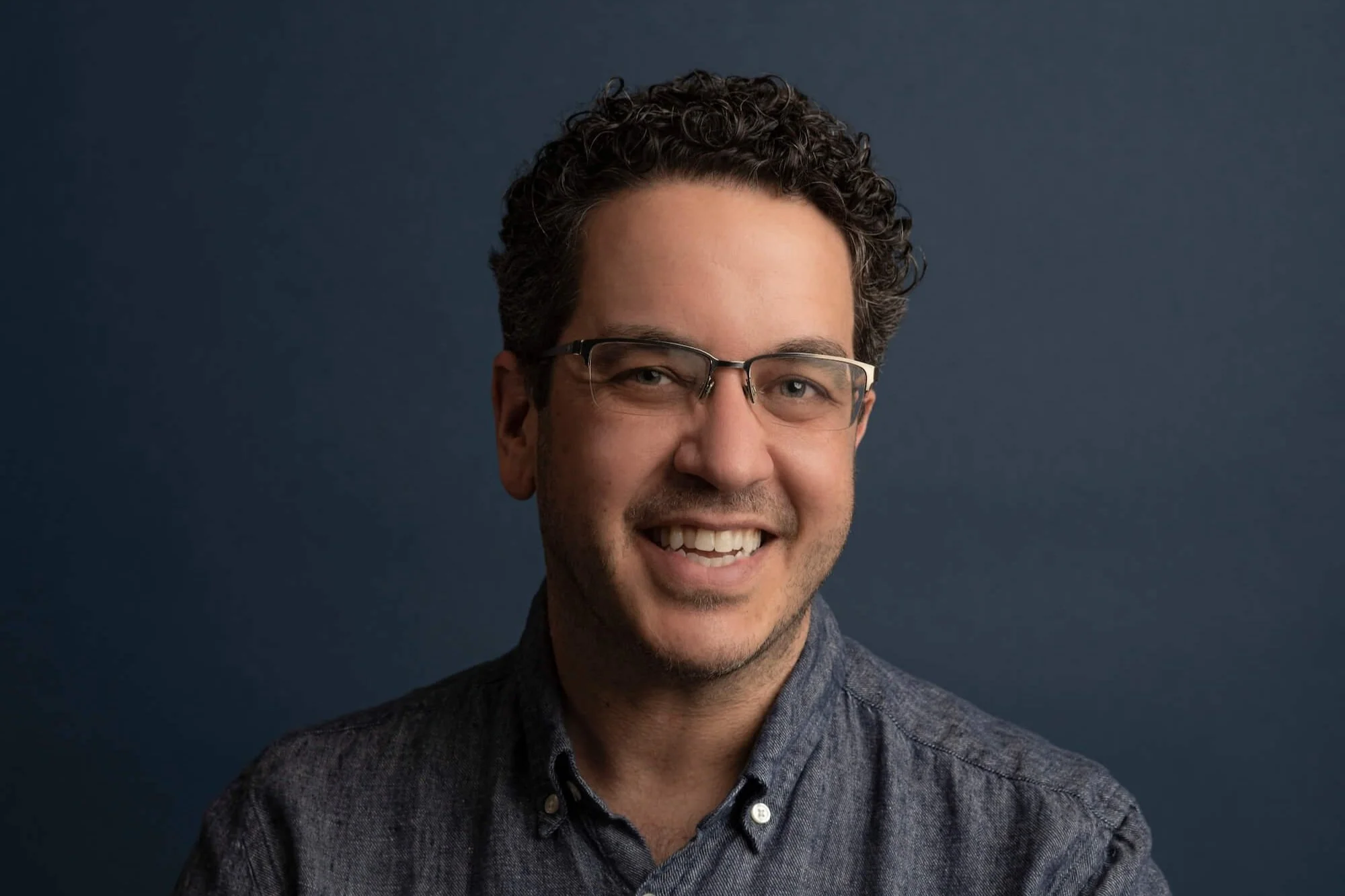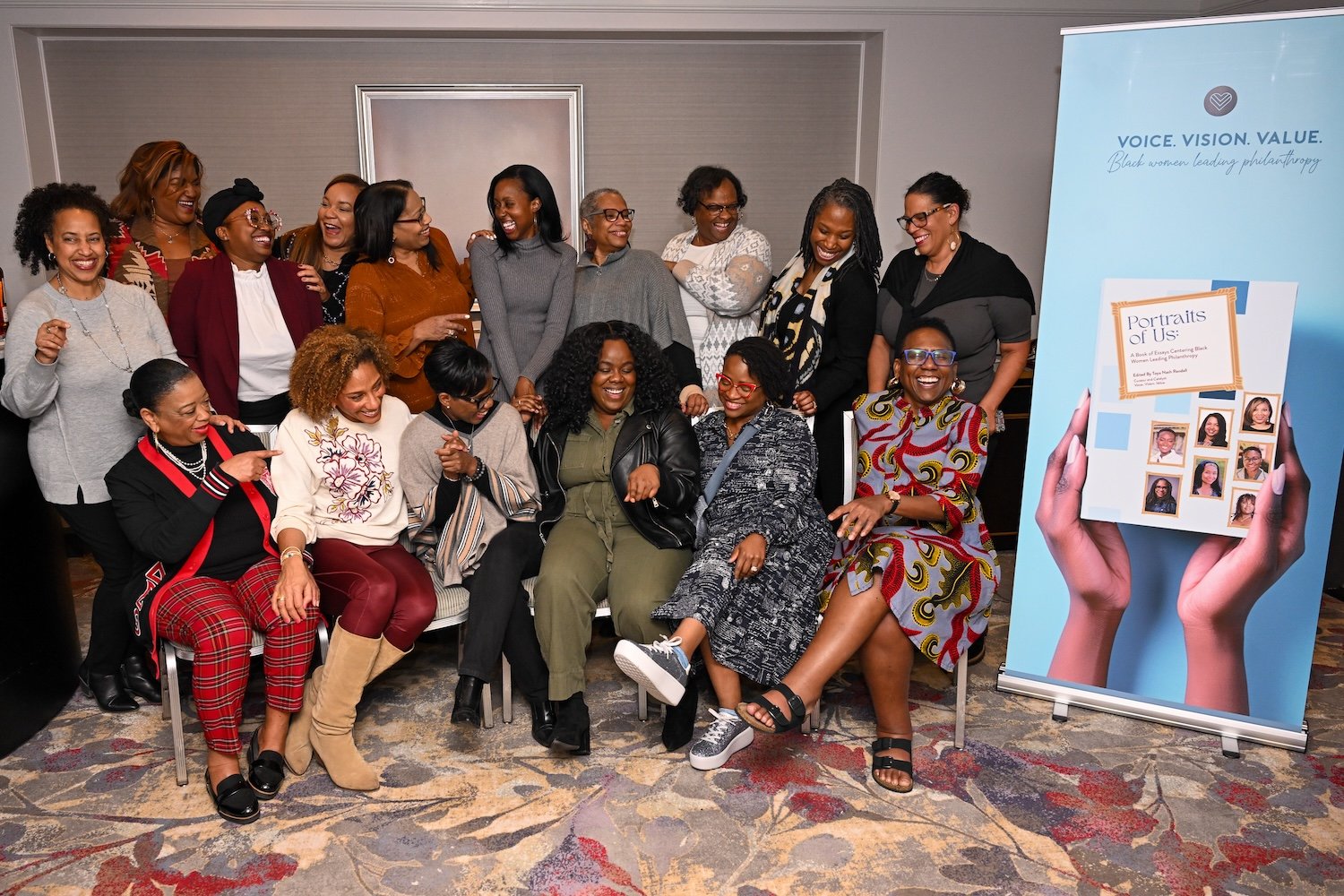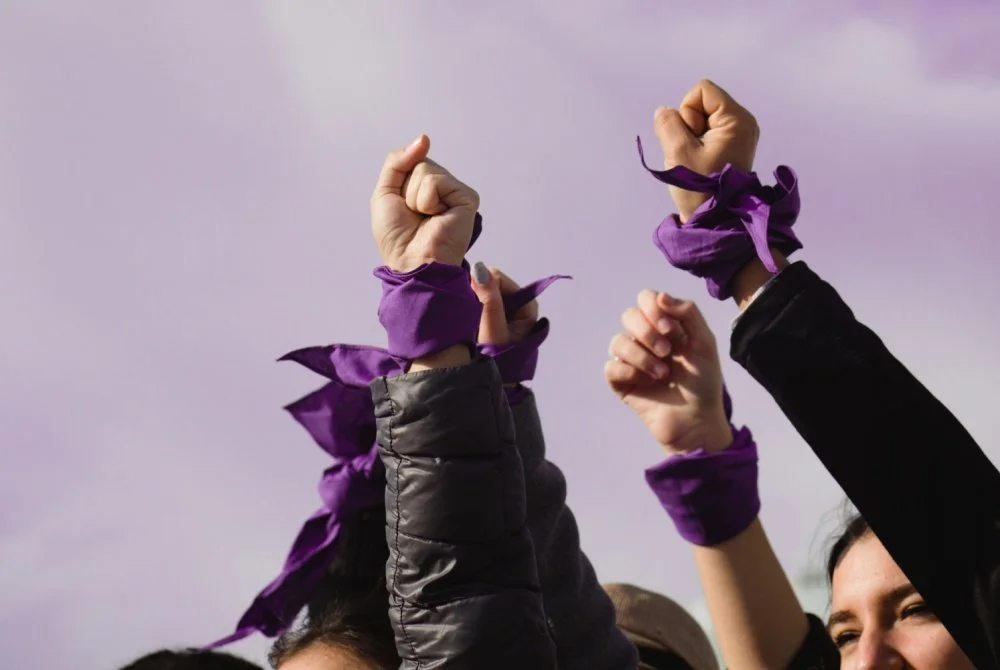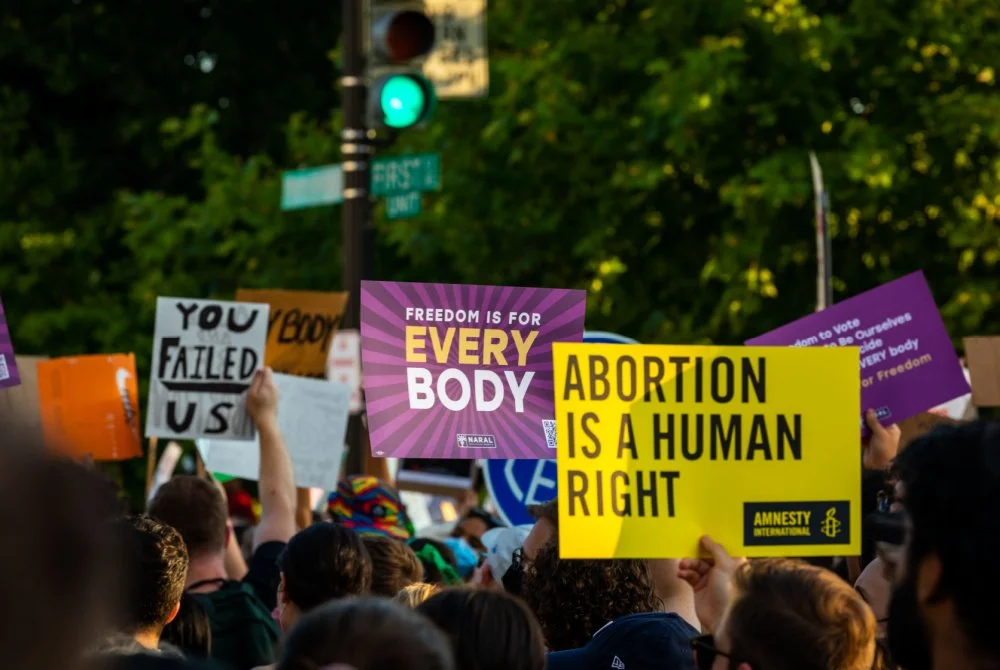Want to Disrupt Systems of Slavery? Invest in Woman Leaders
/Eladora/shutterstock
Modern slavery is a highly gendered issue. An estimated 70% of the 40 million people in slavery today are women and girls, and gender-based violence and discrimination are key drivers of their vulnerability. Unsurprisingly, the most effective fight against modern slavery is being waged by survivors and those impacted by it the most: poor, predominantly women of color around the world. We have seen the transformational results of reducing the prevalence of slavery when women lead. They are the driving force of change. The organizations they lead effectively raise awareness, protect and strengthen entire communities, advocate for policy change and support survivors on the long road to recovery.
Despite the progress made toward women’s rights over many decades, women and girls around the world are still disproportionately affected by one of the worst human rights violations of our time. We know that barriers to education make girls more likely to drop out of school and start working in industries where wages are low and risks of exploitation are high. In the workplace, women and girls also face gendered forms of abuse, including sexual harassment and assault at the hands of their employers. We also know that around the world, the objectification of women and girls results in millions forced into marriage and commercial sexual exploitation.
But it’s not just these systems of oppression that disadvantage women. The institutions that intend to dismantle them and the unconscious stereotypes that keep women from exercising their full agency do, too. Without access to support and resources, too many women are prevented from accessing positions of leadership in the organizations working to end modern slavery.
As feminist philanthropists committed to advancing gender equity, we recognize the critical need to support women not just as program beneficiaries, but as leaders shaping the direction of the anti-slavery movement itself. In doing so, we are not just investing in individual women, but in ensuring that the movement can effectively challenge the very power structures that enable exploitation to thrive.
This need not mean other allies can’t hold positions of power, but rather that the anti-slavery sector as a whole must recognize that both internal and external barriers are keeping women from advancing to leadership. We risk missing out on their voices, experiences and deeply personal knowledge of the link between gender and exploitation when we don’t allow them to take the reins. If the face of slavery is largely female, then the future of the anti-slavery movement should reflect that in its leadership. The anti-slavery movement will be stronger, more inclusive and more effective as a result.
One way we are putting our commitment into action is by supporting Freedom Rising, a new initiative of the Freedom Fund that will enable woman leaders to drive transformative change in the anti-slavery movement. The 12-month leadership program equips and connects women working in frontline organizations, providing them with the space, support and solidarity to challenge the gender norms that drive exploitation.
Urgently needed programs like Freedom Rising are not simply about promoting women leaders. They are key to cultivating transformative feminist leadership within the anti-slavery movement and beyond. Feminist leadership goes beyond gender to challenge unequal power structures and create space for the most marginalized voices in society. Feminist leadership in the anti-slavery sector means that those most at risk of exploitation are also those blazing the path to end it.
It’s time that we start investing in the power of women to dismantle inequality. After all, they know it well.
Molly Gochman is the founder and president of the Stardust Fund, a Freedom Fund board member and chair of the Council of Advocates. Natasha Dolby is a philanthropist and co-founder of Freedom Forward, and a member of the Freedom Fund Council of Advocates.



















